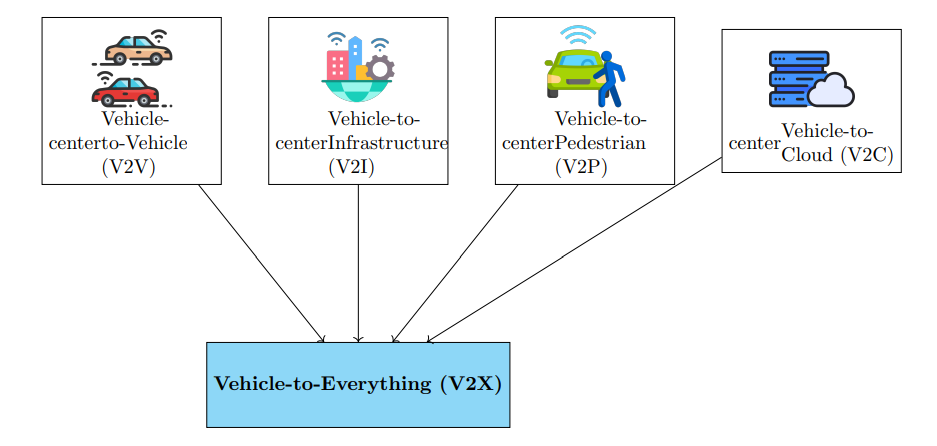Challenges and Opportunities in the Deployment of Fully Autonomous Vehicles in Urban Environments in Developing Countries
Keywords:
Challenge, Opportunities, Fully Autonomous Vehicles, Urban, Developing CountriesAbstract
The deployment of fully autonomous vehicles (FAVs) in urban environments holds significant promise for transforming transportation systems, especially in developing countries. These countries often face unique challenges such as inadequate infrastructure, regulatory hurdles, and socio-economic disparities, which can hinder the effective implementation of FAVs. However, these challenges are accompanied by substantial opportunities, including the potential for economic growth, environmental benefits, and improved quality of life. This paper explores the various dimensions of deploying FAVs in developing urban environments, examining the technical, infrastructural, regulatory, and social dimensions. It aims to provide an overall understanding of the potential hurdles and enablers for successful deployment, offering insights into strategic approaches that can be employed to tackle these complexities. Through an analysis of existing literature, this paper identifies key areas where intervention and innovation are required, and proposes a framework for policymakers and stakeholders to facilitate the integration of FAVs in a manner that maximizes their benefits while mitigating associated risks.

Downloads
Published
How to Cite
Issue
Section
License
Copyright (c) 2023 Tensorgate Journal of Sustainable Technology and Infrastructure for Developing Countries

This work is licensed under a Creative Commons Attribution-NonCommercial 4.0 International License.